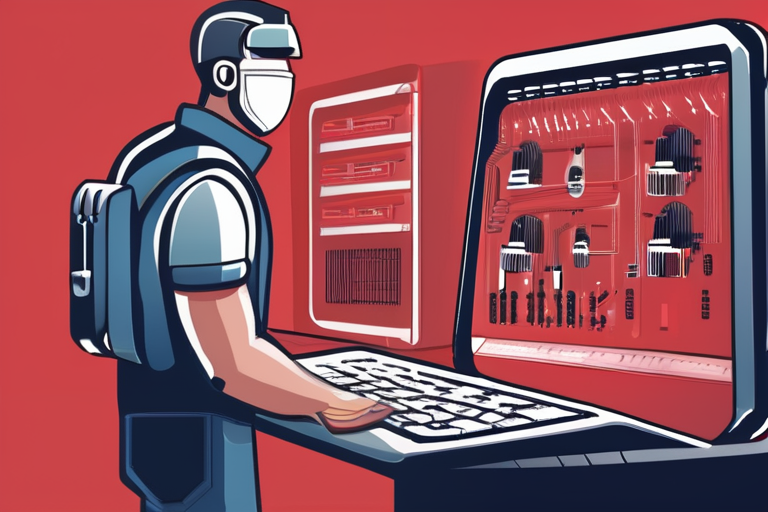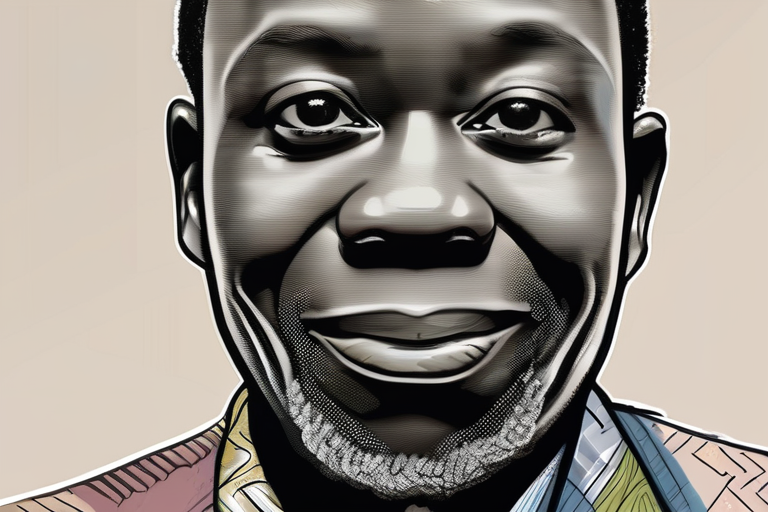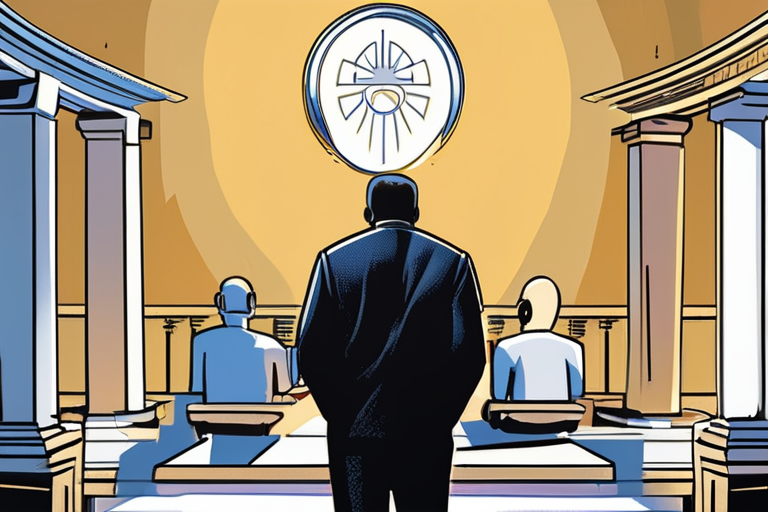The Trust Revolution: How Ethical Cybersecurity is Reshaping Enterprise Security
In the midst of a global pandemic, when hospitals and healthcare systems were already stretched to the breaking point, a new wave of cyber threats emerged. Ransomware attacks like Akira and Ryuk began crippling organisations worldwide, leaving behind a trail of destruction and chaos. The cybersecurity industry's initial response was predictable: build bigger walls, deploy more aggressive automated responses, and lock down everything. But as Romanus Prabhu Raymond, Director of Technology at ManageEngine, soon discovered, this approach had an unintended consequence.
Raymond's customers were demanding aggressive containment features, yet automatically quarantining a suspicious hospital computer or bank teller system might prove more devastating than the original threat. "We were faced with a dilemma," he recalls. "How could we balance rapid threat response with real-world consequences?" This was the moment when Raymond and his team began to rethink their approach to cybersecurity.
As we sat down with Raymond shortly before his presentation at the Cyber Security Expo in Amsterdam, it became clear that this was more than just a technical challenge. It was a human issue, one that required empathy, understanding, and a fundamental shift in how organisations approach security. "We were no longer just talking about protecting data," he explained. "We were talking about protecting people's lives."
The cybersecurity industry stands at a critical juncture. High-profile breaches, evolving regulatory frameworks, and the rapid integration of AI into security systems have created new challenges that extend far beyond technical protection. Organisations now face a complex web of risks, from data breaches to reputational damage, and from financial losses to human suffering.
But amidst this chaos, a new approach is emerging: ethical cybersecurity practice. This isn't just about deploying the latest technology or following best practices; it's about understanding the human impact of our actions. It's about recognising that security is not just a technical issue, but a social one.
For Raymond and his team at ManageEngine, this meant rethinking their approach to threat detection and response. They began to focus on containment, rather than eradication, using AI-powered tools to identify and isolate threats in real-time. But it also meant working closely with customers to understand their specific needs and risks.
"We're no longer just providing technology solutions," Raymond explains. "We're providing trust solutions." And it's this trust that is at the heart of the trust revolution in cybersecurity.
As we spoke, it became clear that this was more than just a ManageEngine initiative; it was a movement. Other leading organisations are beginning to adopt similar approaches, prioritising human-centric security and embracing the complexities of the modern threat landscape.
"We're not just talking about security," says Dr. Sophia Patel, Chief Security Officer at a major financial institution. "We're talking about trust. We're talking about reputation. And we're talking about people's lives."
The implications are far-reaching. As AI-powered threats continue to evolve, organisations will need to adapt their approach to security. They'll need to focus on containment, rather than eradication, and work closely with customers to understand their specific needs.
But the benefits go beyond just technical protection. By prioritising human-centric security, organisations can build trust with their customers, protect their reputation, and ultimately, save lives.
As we concluded our conversation with Raymond, it was clear that this was more than just a cybersecurity story; it was a story about people, about trust, and about the power of empathy in the face of uncertainty. The trust revolution is here, and it's reshaping enterprise security as we know it.
The Future of Cybersecurity: A New Era of Trust
In 2025, the cybersecurity industry stands at a crossroads. Will we continue down the path of aggressive containment, or will we choose a new approach? One that prioritises human-centric security, trust, and empathy?
As Raymond so eloquently put it, "We're not just talking about security; we're talking about people's lives." It's time for us to take a step back, re-evaluate our priorities, and choose the path of trust.
The future of cybersecurity is uncertain, but one thing is clear: it will be shaped by our choices. Will we opt for the status quo, or will we embark on a new journey? One that prioritises people over profits, and trust over technology?
The answer lies in the hands of organisations like ManageEngine, who are leading the charge towards human-centric security. As we look to the future, one thing is certain: the trust revolution has begun, and it's reshaping enterprise security as we know it.
About the Author
Dashveenjit Kaur is a cybersecurity journalist with a passion for storytelling. She has written extensively on AI-powered threats, human-centric security, and the impact of technology on society. Her work has been featured in leading industry publications, including Cybersecurity Magazine and The Security Times.
*Based on reporting by Artificialintelligence-news.*



 Hoppi
Hoppi

 Hoppi
Hoppi

 Hoppi
Hoppi

 Hoppi
Hoppi

 Hoppi
Hoppi

 Hoppi
Hoppi











